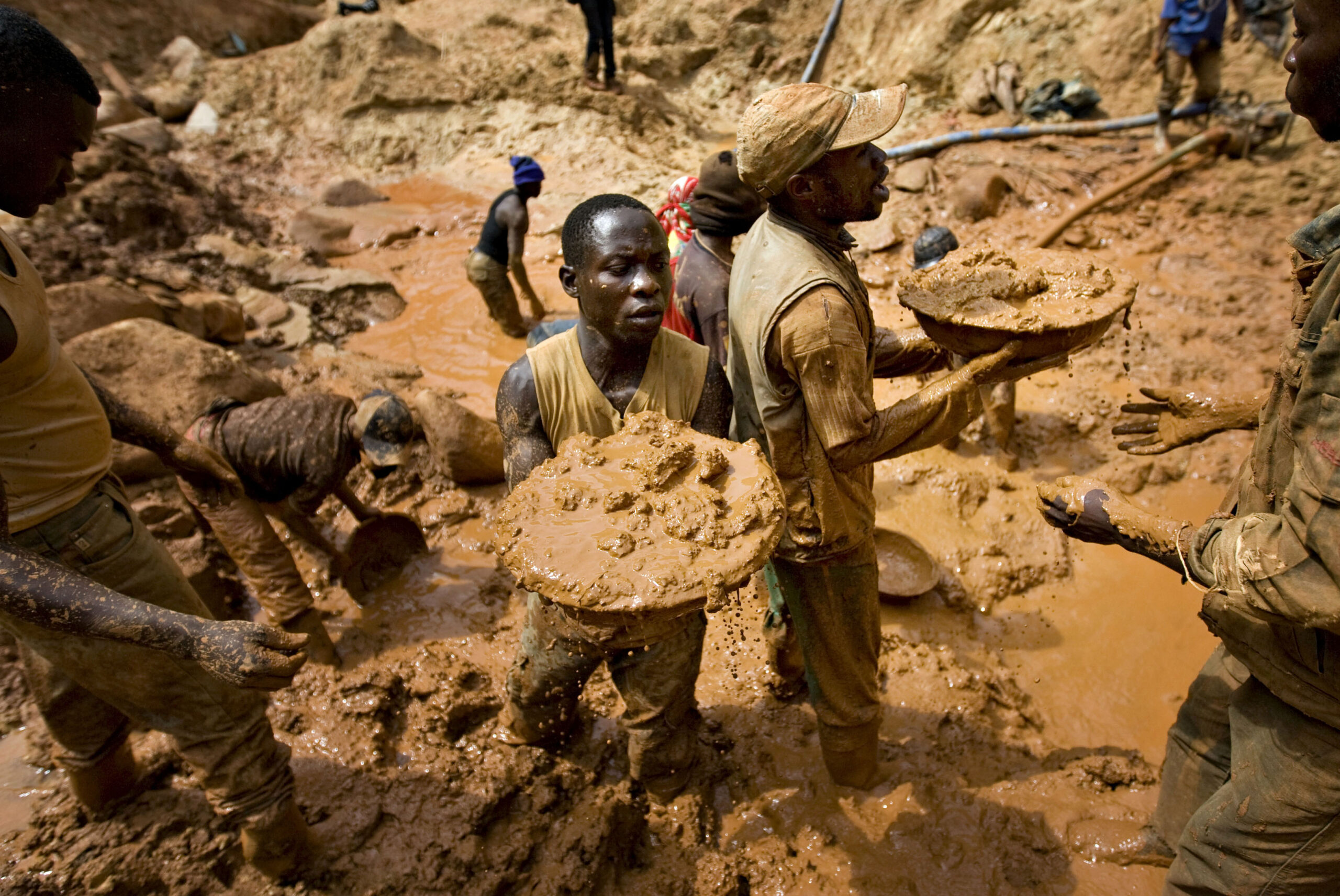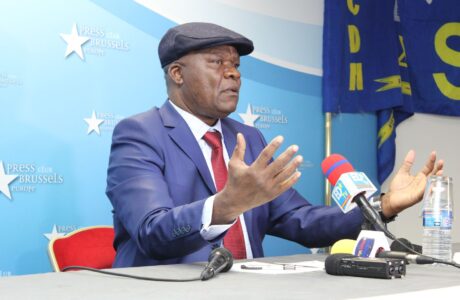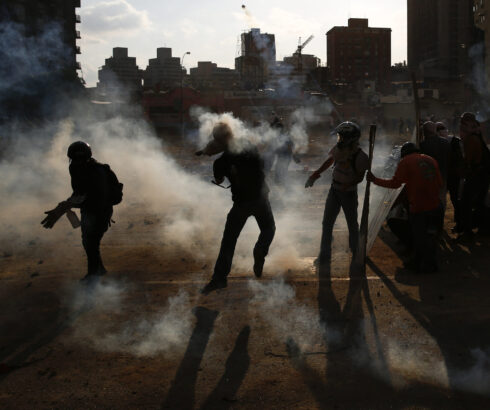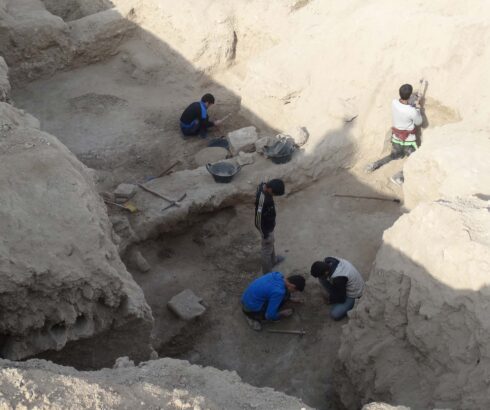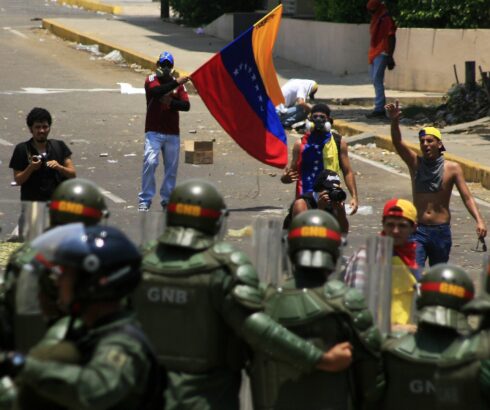Congo War
The Second Congo War (1998-2003) tragically left more than one million people dead.
For over twenty years, the Democratic Republic of Congo (DRC) has failed to take serious steps to investigate alleged crimes against humanity committed during the conflict, including murder, torture, rape, and enslavement. Two decades after the end of the war, however, the principle of universal jurisdiction, which allows countries to prosecute the most serious international crimes regardless of where they took place, is offering a significant opportunity to establish truth, deliver justice to survivors, and hold perpetrators of atrocities to account.
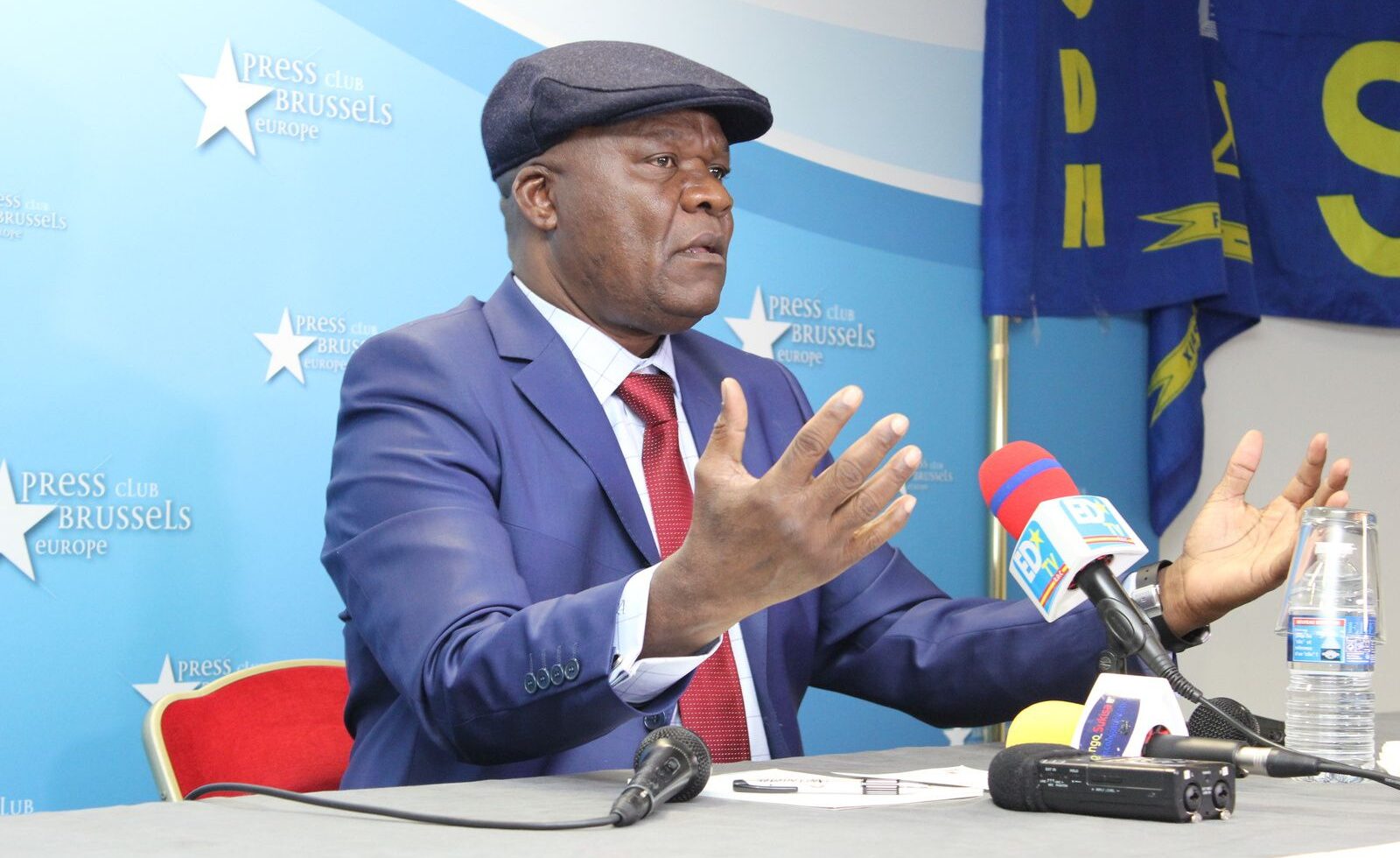
In December 2020, former Congolese warlord Roger Lumbala Tshitenga was arrested in Paris.
A judicial investigation against him was opened days later. Lumbala, a former DRC Minister of Commerce, led an armed group that is accused of committing crimes against humanity including murder, torture or other inhumane acts, rape as a form of torture, and enslavement in the DRC between 2002 and 2003.
The Docket’s team of lawyers is representing survivors including survivors of sexual & gender-based violence from the DRC who have testified–at great personal risk–against Lumbala. Through investigations led with international partners as well as our local partner Justice Plus, The Docket team helped identify survivors, helped them in their journey to France, and facilitated their testimony before a French investigative judge. The Docket also formally requested that the judge includes rape as a form of torture in the charges, to ensure that gender-based violence is at the heart of justice for survivors in this case and CFJ has been admitted as a civil party in the proceedings.
The remarkable bravery exhibited by the survivors and their unwavering commitment to seeking justice has been the driving force in bringing this infamous militia leader to trial. The evidence provided by the survivors, including their testimonies before the investigative judge, has played a pivotal role in propelling the investigation forward, ultimately culminating in the indictment.
Conflict Gold
Much of the conflict gold from the DRC is routinely smuggled to neighboring countries, where it is then purchased by international traders and buyers linked to a network of foreign corporations.
Many of these actors are complicit in human rights abuses & international crimes committed in the DRC, but have never been held accountable for their role in such atrocities. The Docket gathers evidence & works with relevant law enforcement agencies to ensure that those involved are brought to justice.
Our team is also supporting prosecutors in opening a formal criminal investigation into the complicity of major European gold traders in atrocities committed by armed groups in the Great Lakes Region. The Docket’s involvement in the project is timely, given increased efforts from various stakeholders to strengthen due diligence around conflict minerals sourced from high-risk countries, increased regulations on mineral supply chains, and heightened public awareness of the issue of conflict minerals. Legal proceedings in market countries can disrupt the illicit trade of gold in resource-rich areas like the DRC by creating a precedent that those involved in illegal supply chains will be held accountable for their complicity in atrocities.
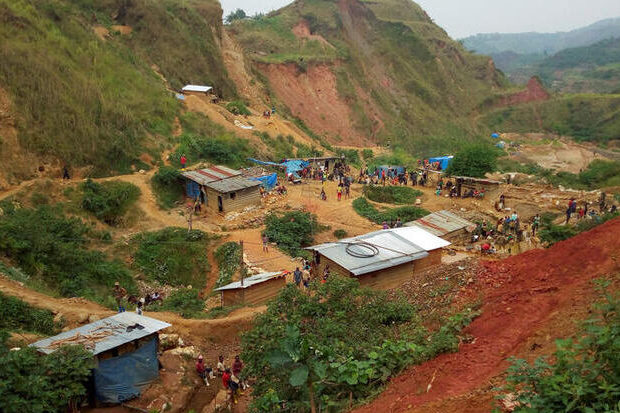
At the center of violent struggles for power in the DRC is the illegal gold trade.
Government forces vie with militias over gold-rich areas, committing crimes that force the displacement of civilians to clear the land for exploitation. According to the U.N., the mining and trade of gold provide the largest source of revenue to armed groups in the ongoing DRC conflict, considered to be one of the deadliest in the world. Networks of foreign companies buy gold from militia groups and launder it using refiners and traders before investing or reselling it. They generally do so without scrutiny or accountability.
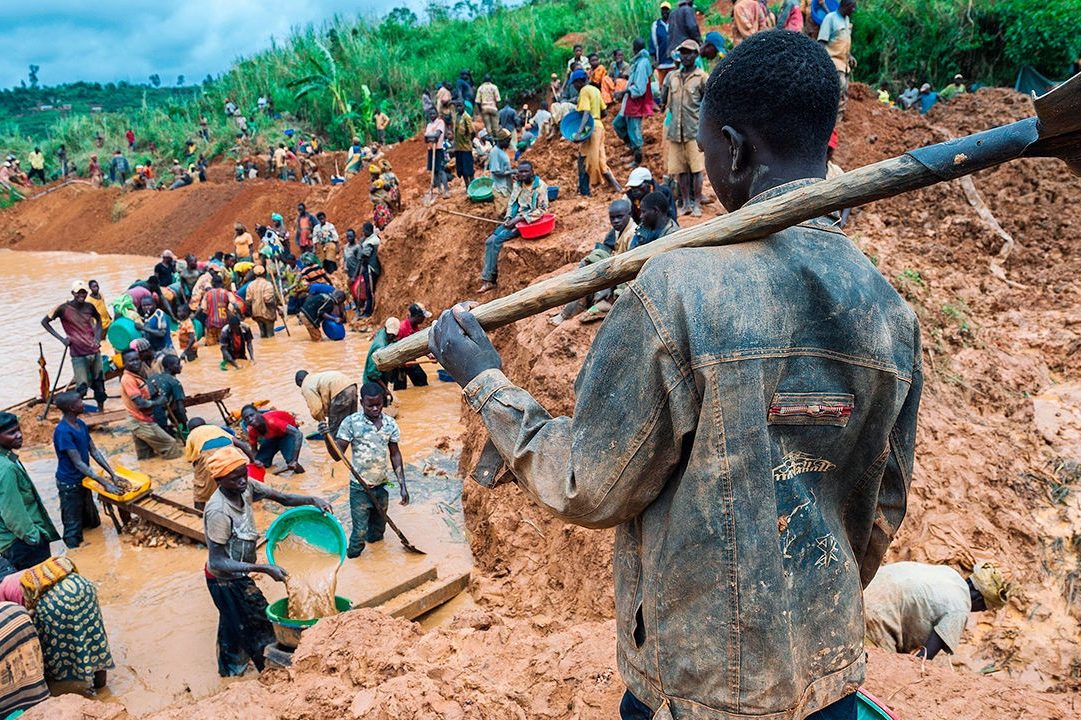
We can disrupt the source of money by investigating individuals and businesses complicit in the illegal gold trade.
Despite increasing regulation of mineral supply chains, including supply chain transparency and due diligence laws, armed groups are still able to exploit the trade in conflict gold to fund their campaigns of violence and businesses complicit in trading in gold from conflict-affected areas go largely un-investigated and unprosecuted. The Docket’s work aims to disrupt this source of money by investigating individuals and businesses complicit in the illegal gold trade and triggering prosecutions against them.
